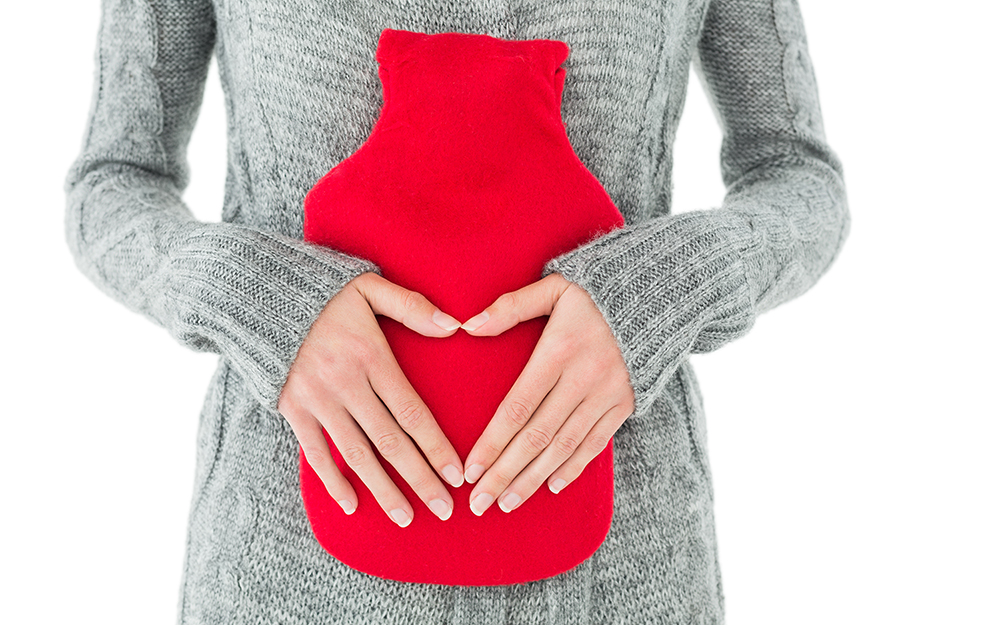Specialty doctors provide expert care for specific health concerns, ranging from ear, nose and...
Read More
Gastrointestinal disorders can be difficult to talk about. With a broad range of symptoms impacting your digestive tract including persistent diarrhea, urgent need to move bowels, constipation, excess gas, cramps and bloating, it’s not something people want to necessarily scream from the rooftops.
With more than 60 million people affected with digestive diseases in the U.S., it’s helpful to know multiple people around you are likely also facing their own battle with a GI condition or

symptoms. Once you get a proper diagnosis, your doctors can recommend a treatment plan for you to minimize symptoms and maintain a healthy lifestyle.
Irritable Bowel Syndrome (IBS)
As much as 20 percent of the adult population suffers from IBS at some point in their lives. The disorder affects the large intestine causing abdominal pain, cramping, bloating, gas, diarrhea or constipation and mucus in your stool. Symptoms fluctuate from being extreme in nature to seemingly nonexistent—they can flare up due to food, stress or hormone triggers that vary person-to-person. Your doctor may recommend medication in tandem with lifestyle changes, like regular exercise, avoiding caffeine, portion control at meals and avoiding deep-fried or spicy foods if they trigger symptoms.
Gallstones
Your gallbladder is a small, pear-shaped sack that helps you store and secrete bile used in digestion. More than 25 million people in the U.S. develop hard deposits called gallstones in their gallbladder. Gallstones can create a blockage in the tubes connecting the gallbladder to other parts of your digestive tract where bile needs to flow. If gallstones are a frequent and troublesome occurrence for you, your doctor may recommend removing the gallbladder completely in a procedure called a cholecystectomy.
Crohn’s Disease
This inflammatory bowel disease (IBD) can occur anywhere along your GI tract but is most commonly found in the small intestinal area. Crohn’s can cause severe diarrhea, fatigue, weight loss and malnutrition. Like most GI conditions, symptoms can come on quickly and then retreat into remission for a period of time. Treatment is aimed at minimizing symptoms and further complications. Your doctor may prescribe anti-inflammatory drugs, immune system suppressors, or antibiotics based on your exact symptoms and related complications. Your doctor should talk to you about diet and lifestyle changes, as well as the possibility of surgery to remove the damaged part of your digestive tract.
If you are experiencing digestive issues see your primary care doctor to discuss your options. Call 1-800-INSPIRA.

Specialty doctors provide expert care for specific health concerns, ranging from ear, nose and...
Read More
Understanding the most common surgeries can help prepare patients for potential procedures. Knowing...
Read More
Learn about how transcarotid artery revascularization (TCAR) compares to traditional treatments like...
Read More
The material set forth in this site in no way seeks to diagnose or treat illness or to serve as a substitute for professional medical care. Please speak with your health care provider if you have a health concern or if you are considering adopting any exercise program or dietary guidelines. For permission to reprint any portion of this website or to be removed from a notification list, please contact us at (856) 537-6772